Cat food is always a hot topic on our forums. There are so many things to consider when deciding which diet is best for your cat that debates can be lengthy, and occasionally heated.
When dry food is brought up, we sometimes hear people mention its anti-plaque qualities, often tooted by their veterinarian.
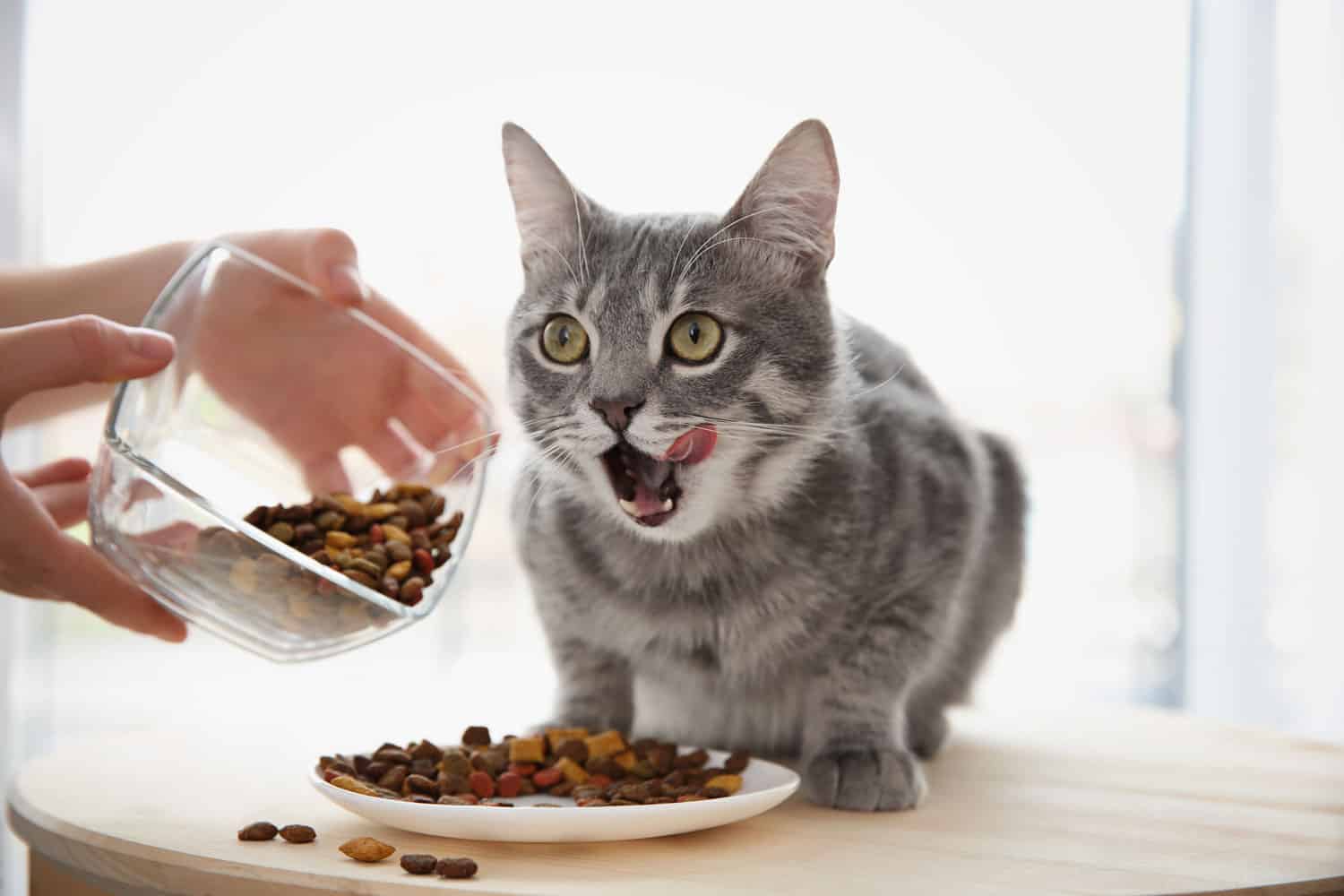
Up until a decade or so ago, it was commonly believed that dry cat food helped prevent tooth and gum disease.
There was little research to back this up, but the theory behind it made some sense. In order to understand the underlying logic, let's take a look at how dental problems develop.
Plaque, tartar and dental problems in cats
The process is actually fairly similar in cats, dogs and even humans. As the cat eats, its teeth get covered in a thin film consisting mostly of microscopic food debris and germs.
This bacterial cocktail is known as plaque. It’s soft and can be removed from the teeth by mild abrasive action such as tooth-brushing.
When plaque is not removed, it hardens into a substance called tartar or calculus. Tartar is made of calcified remains of bacteria.
It adheres to the teeth, creating a stronghold where later additional layers of plaque will be created, and the process is repeated until the teeth are covered with a visible layer of tartar.
Tartar can be removed only by dental polishing and scaling, a procedure performed by a veterinarian under general anesthesia.
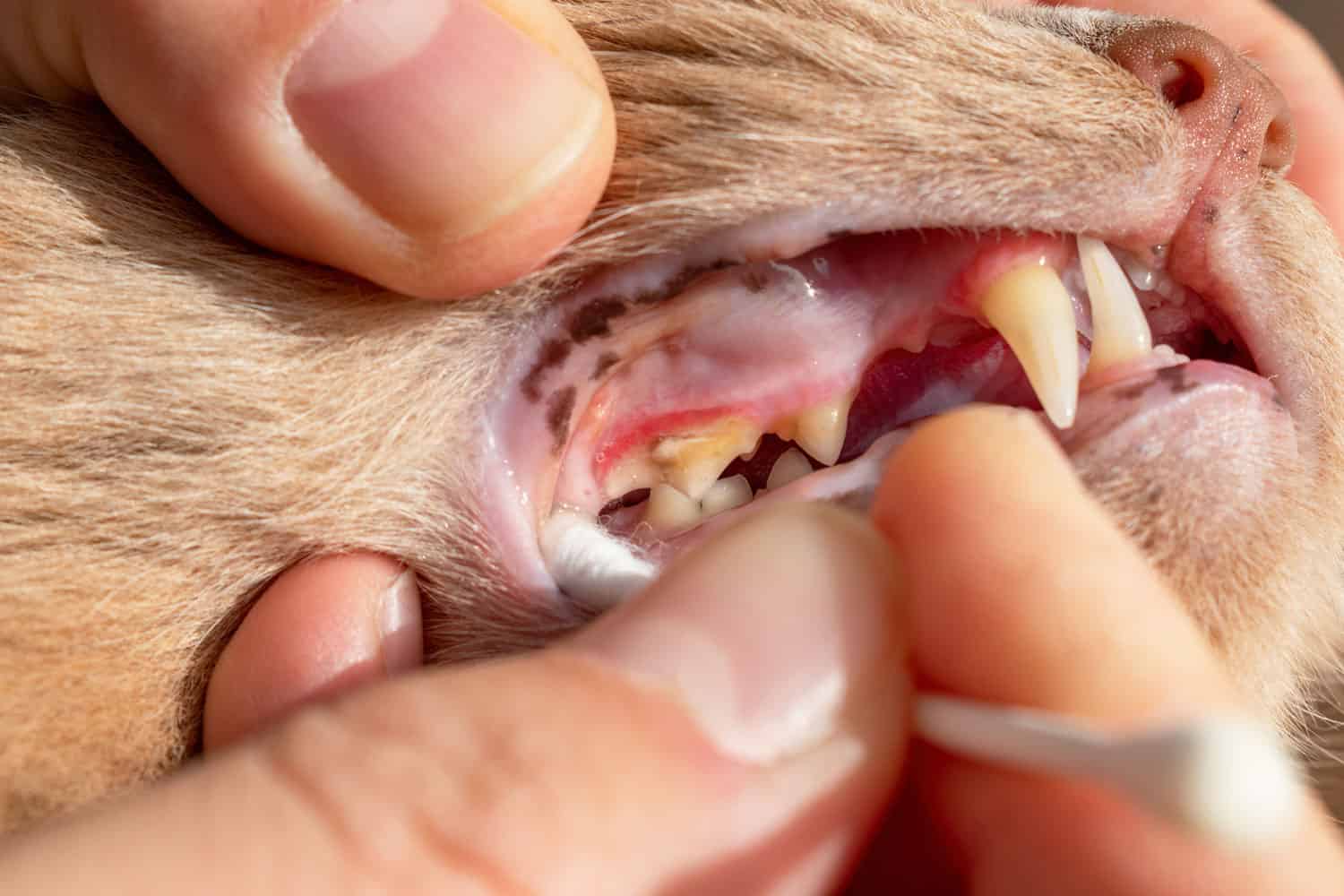
Tartar and plaque trigger an inflammatory response in the cat’s gums and can cause gingivitis, an inflammation of the gums, which can deteriorate into full-blown periodontitis, affecting the inner structures of the gums and teeth.
Some cats can develop a condition called Stomatitis where the entire mouth becomes inflamed.
Clearly, in order to prevent these diseases, we need to regularly remove plaque from the cat’s teeth, before it turns into Tartar.
The theory behind feeding dry food suggests that the kibble’s texture helps removes the plaque. But is this really the case?
SIGN UP FOR THECATSITE'S EMAIL UPDATES >
Does dry food really help prevent the accumulation of plaque?
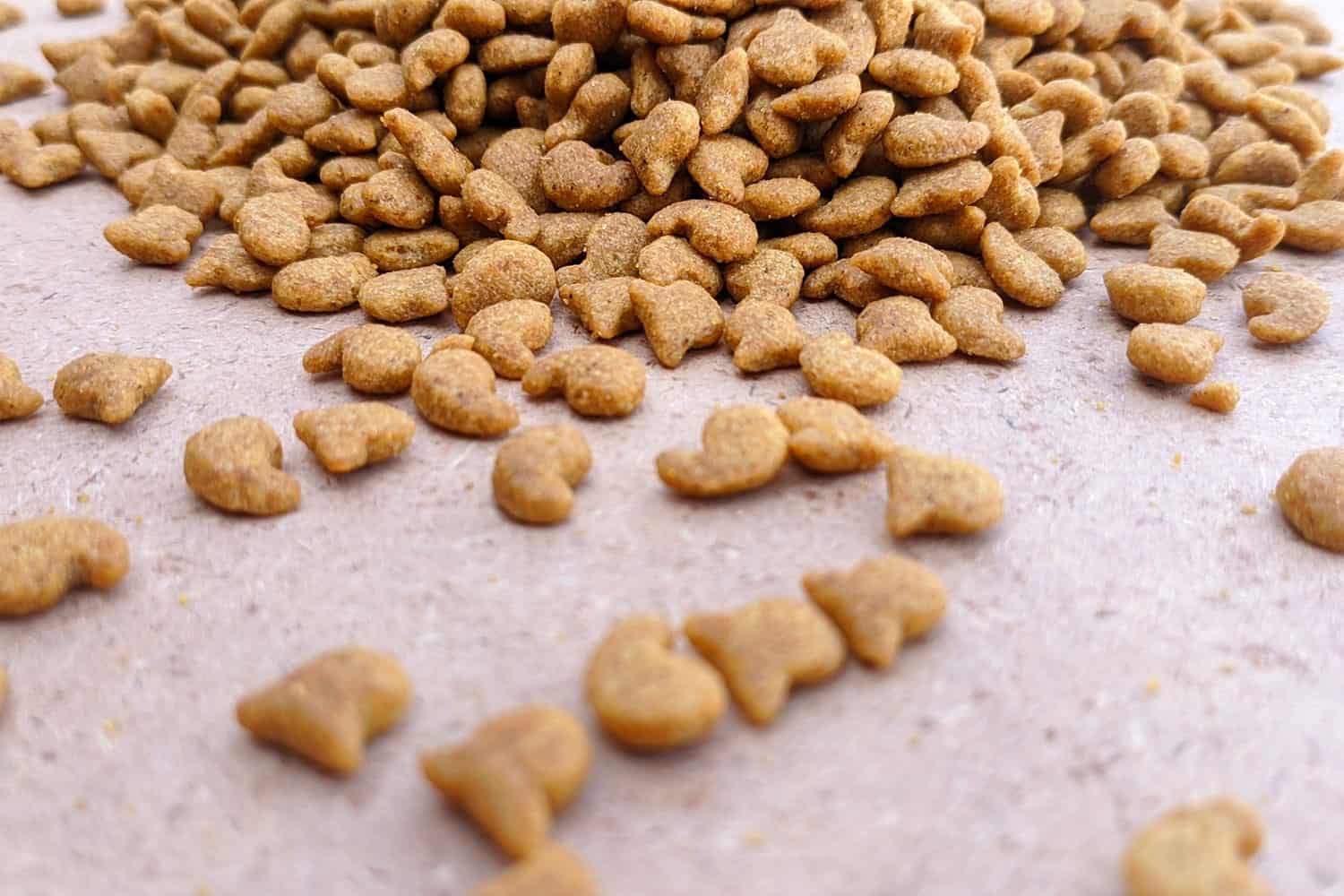
The theory behind feeding dry food suggests that -
1. The kibble’s abrasive surfaces come in contact with the cat’s teeth, in effect polishing them and getting plaque off.
2. The pieces of dry food get swallowed dry, so there is less food debris that sticks to the teeth to later form plaque (compared to wet food).
The problem? There is actually little scientific evidence to back this up. No large studies exist which actually prove that feeding dry food lowers the rate of dental disease.
This led to further observations, noting that, in fact, most cats don’t chew kibble.
The small and fragile pieces of dry cat food are either swallowed whole, or they break apart too quickly in the mouth, providing little resistance to the teeth.
Dr. Fraser Hale, DVM, a veterinary dental specialist, summed this up well in his lecture given to the World Small Animals Veterinary Association (WSAVA):
It has long been felt that feeding a cat or a dog a dry kibble diet is better for the teeth than feeding them a processed, canned diet.
The logic goes that dry food leaves less residue in the mouth for oral bacteria to feed on and so plaque would accumulate at a slower rate. Despite that, many animals fed on commercial dry diets still have heavy plaque and calculus accumulations and periodontal disease.
This is because most dry pet foods are hard but brittle so that the kibble shatters without much resistance and so there is little or no abrasive effect from chewing.
In other words: Don’t count on dry cat food to clean your cat’s teeth.
While there is no conclusive scientific evidence to tell which diet is optimal for feline dental health, it is safe to say that regular dry food does not keep your cat’s teeth any cleaner than other kinds of food.
Dental Dry Cat Food
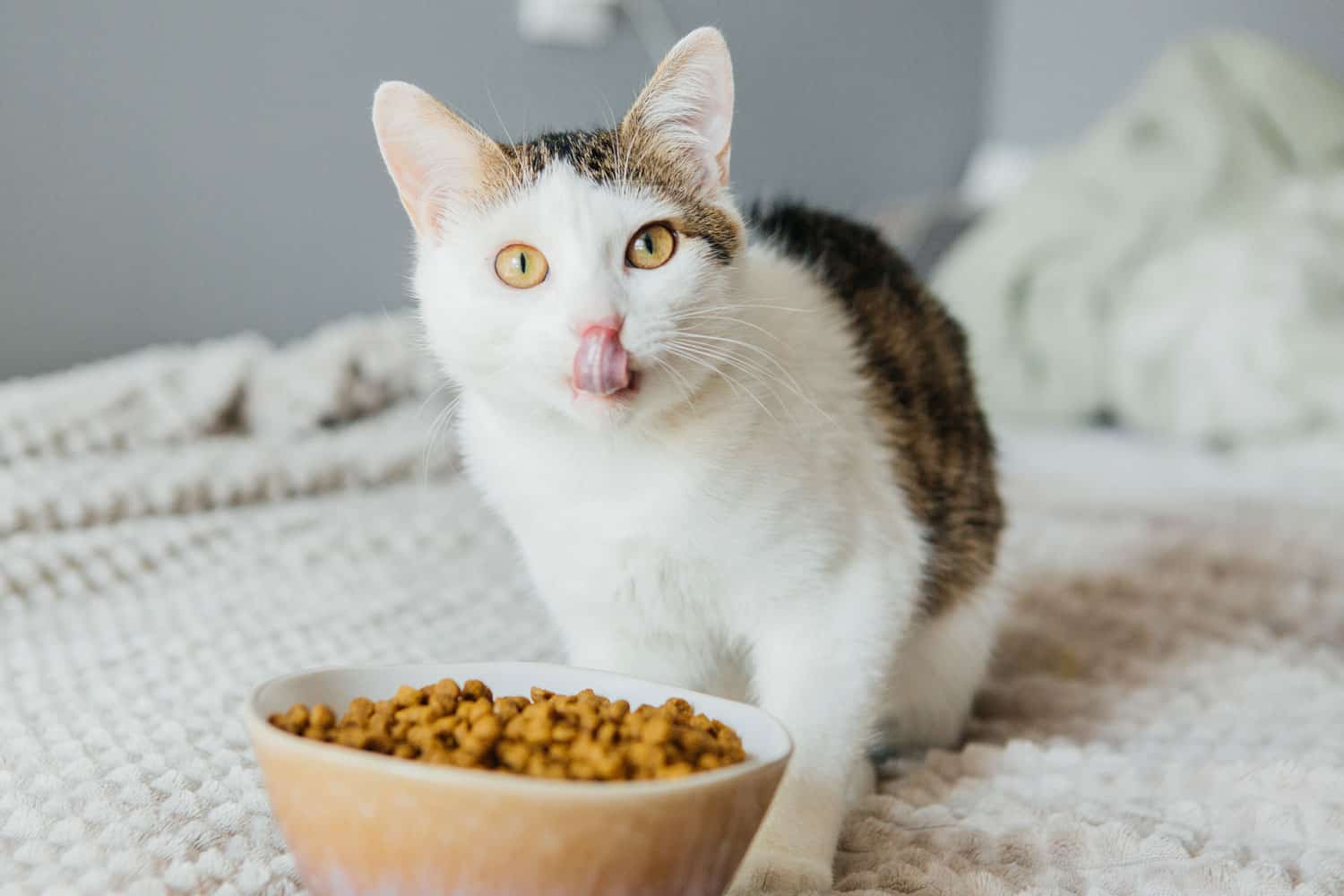
Several pet food companies offer specialty diets that claim to reduce plaque and tartar buildup.
These claims are substantiated by studies that show some improvement can be achieved, or at least some deterioration prevented when these diets are fed as the main source of food (not as treats).
The Veterinary Oral Health Council reviews the clinical studies of such foods to make sure they adhere to the required scientific standards. Once approved, they get the official VOHC Seal of Approval.
You can find a list of approved dental-care diets here:
Veterinary Oral Health Council Accepted Products for Cats and Dogs
The way these dental diets work is usually by providing larger and slightly more “chewable” kibble.
The cat needs to sink its teeth into the chunks of food, and they don’t fall apart as easily, providing some actual friction on the surface of the teeth.
It is worth noting here that there seems to be a strong genetic component involved in the development of the dental disease.
Some cats tend to develop plaque and tartar, and related diseases, more than others. Other cats will have healthy teeth and gums throughout their lives.
The bottom line is, you cannot rely on anyone kind of diet to “fix” your cat’s dental problems.
You should work with your vet on a long-term dental health care strategy, which is likely to include regular brushing of your cat's teeth.
SIGN UP FOR THECATSITE'S EMAIL UPDATES >
Comments? Leave them using the comment section below. Questions about your cat? Post them in the cat forums.
The forums are the only place where you can get quick answers to your cat-related questions. Please do not use the comments section to ask questions about your cat.
Note: We may get commissions for purchases made through links on this page.

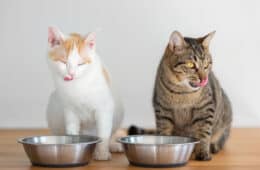
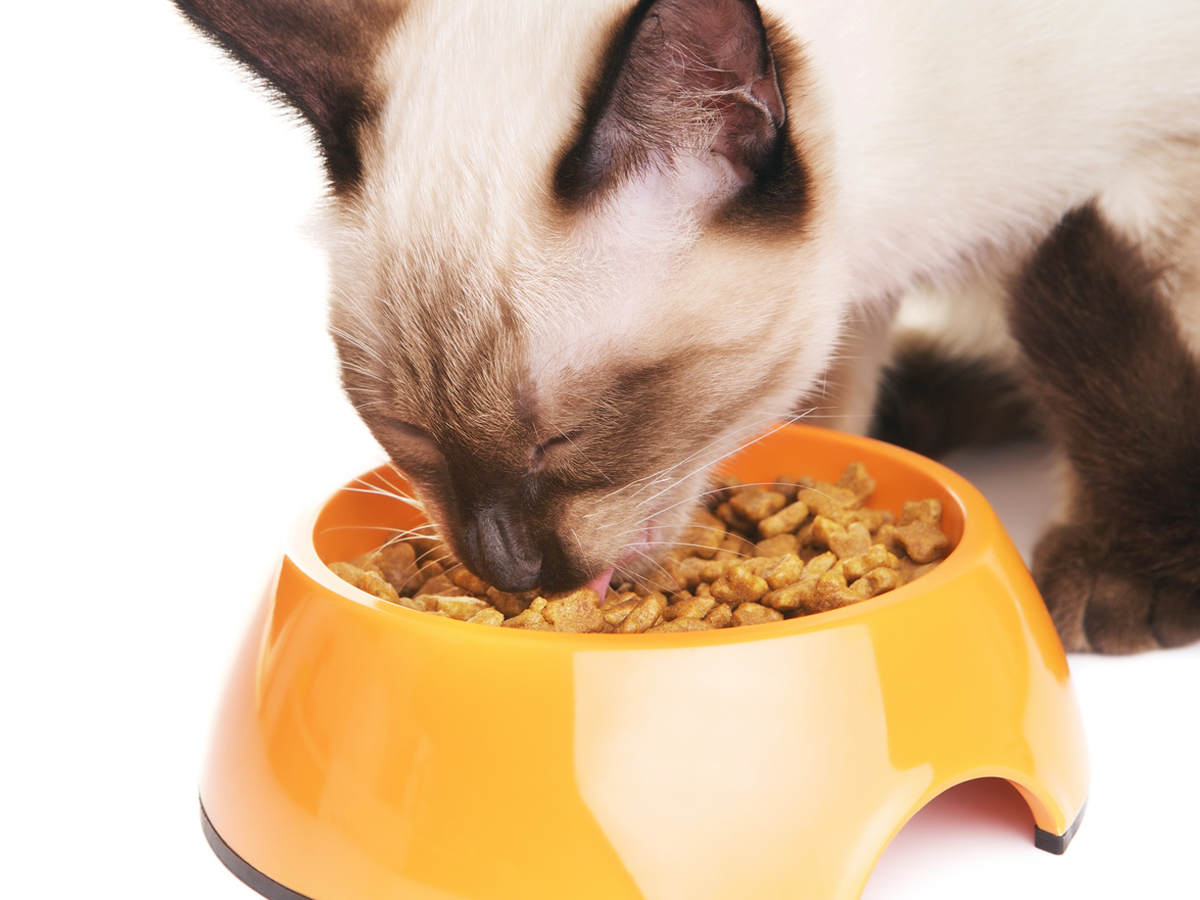
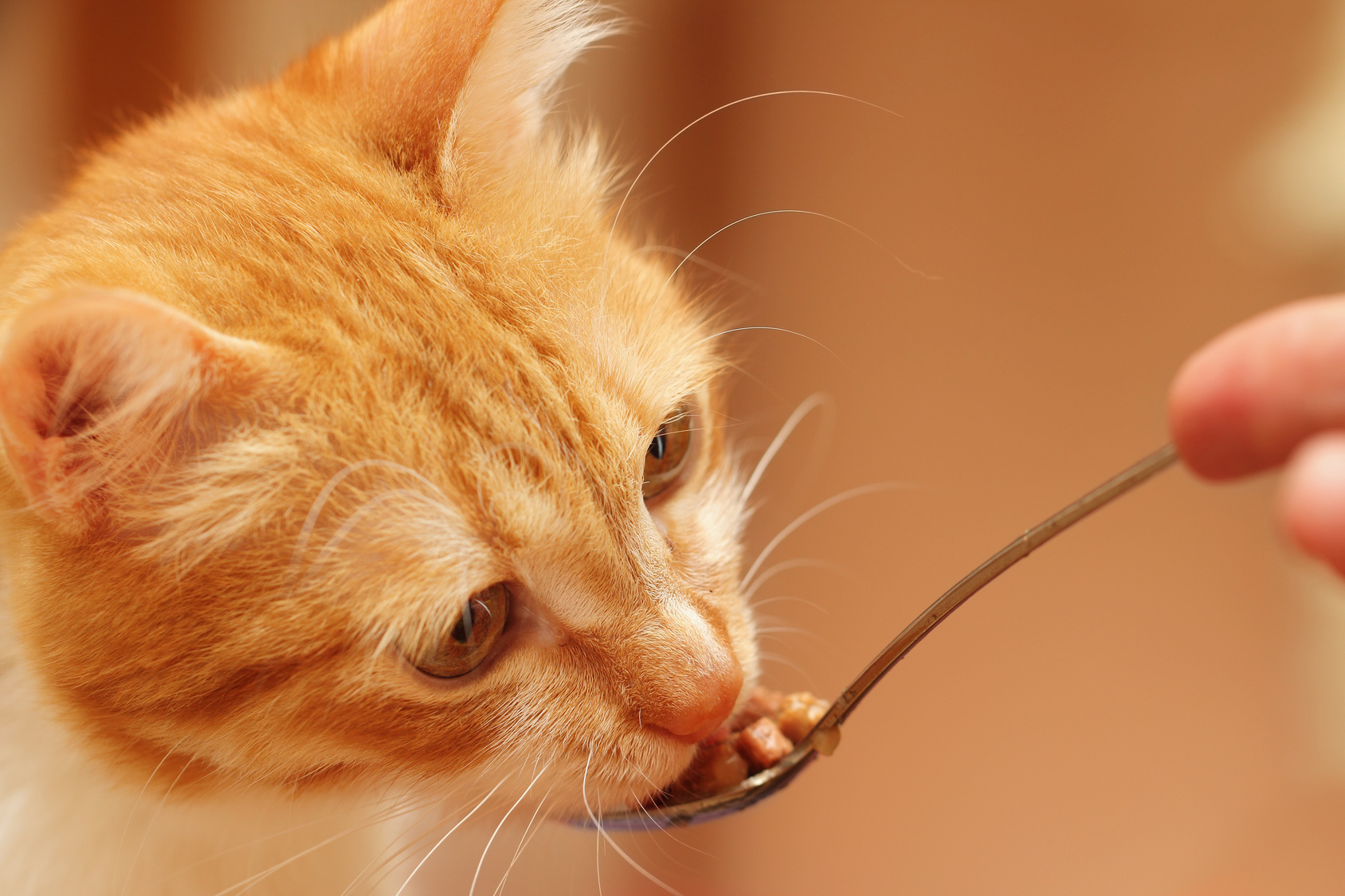
11 comments on “Does Dry Food Actually Clean Your Cat’s Teeth?”